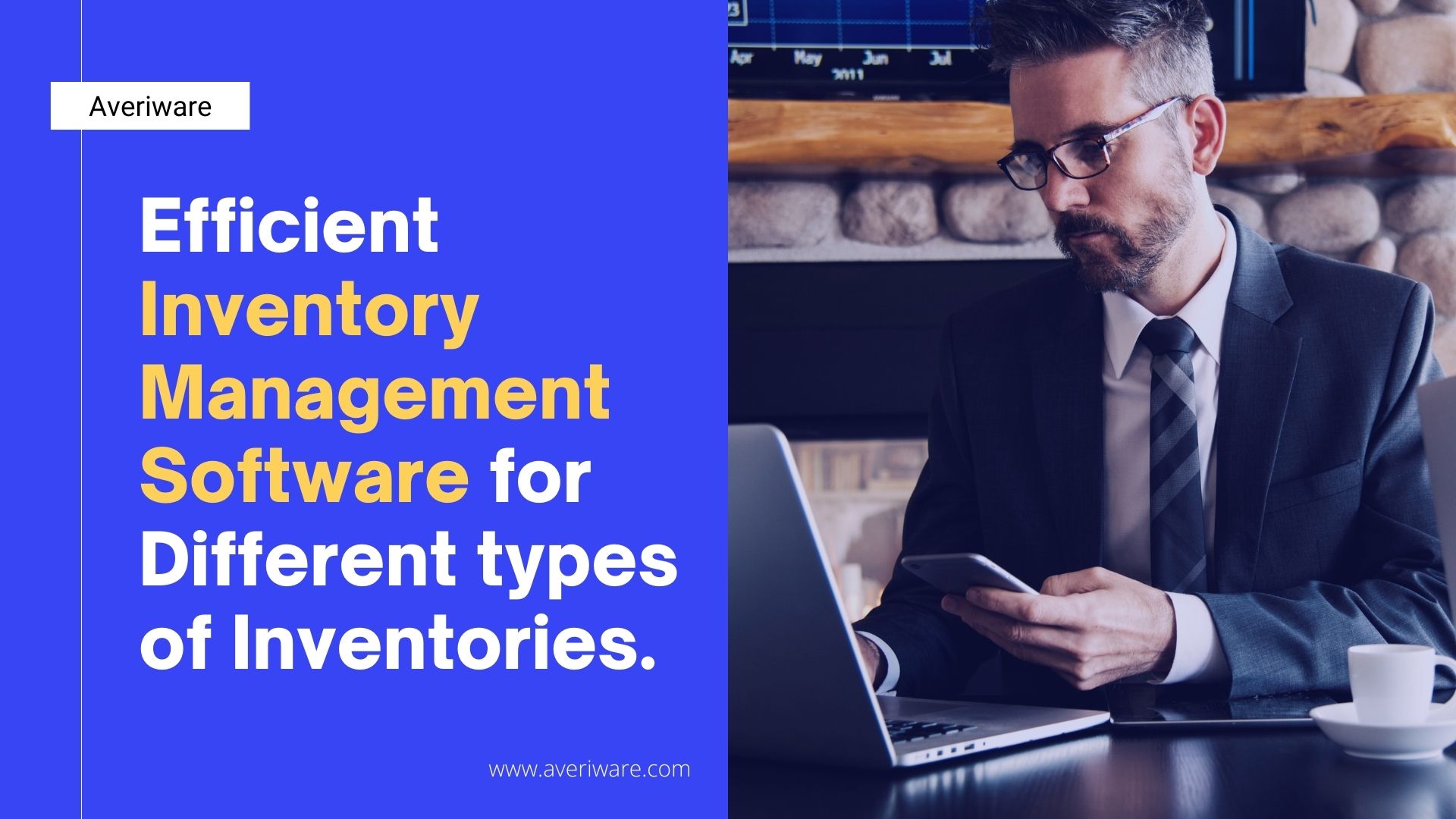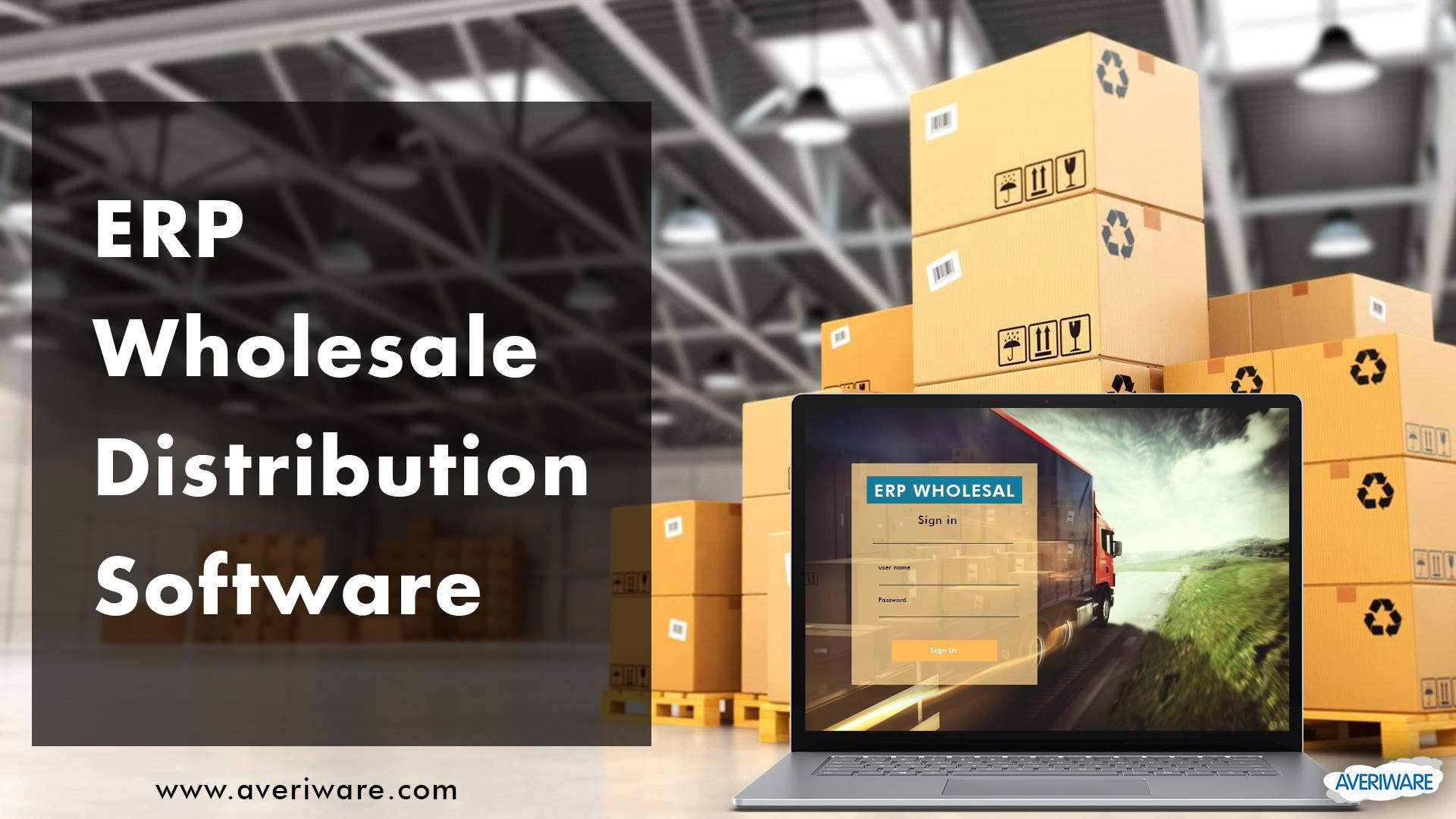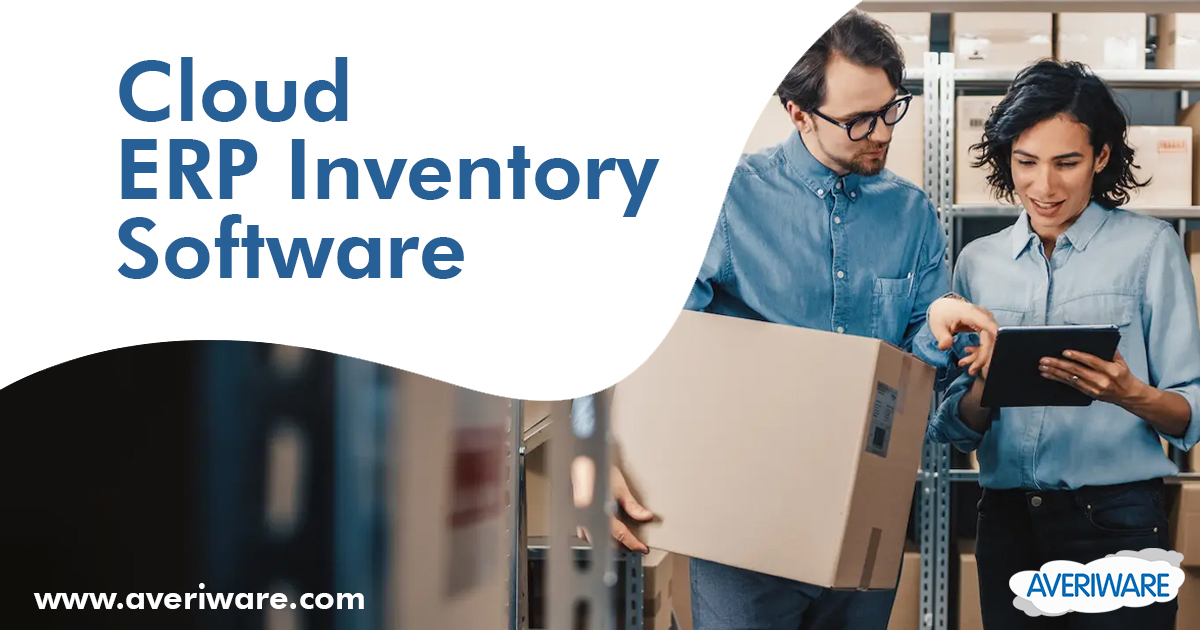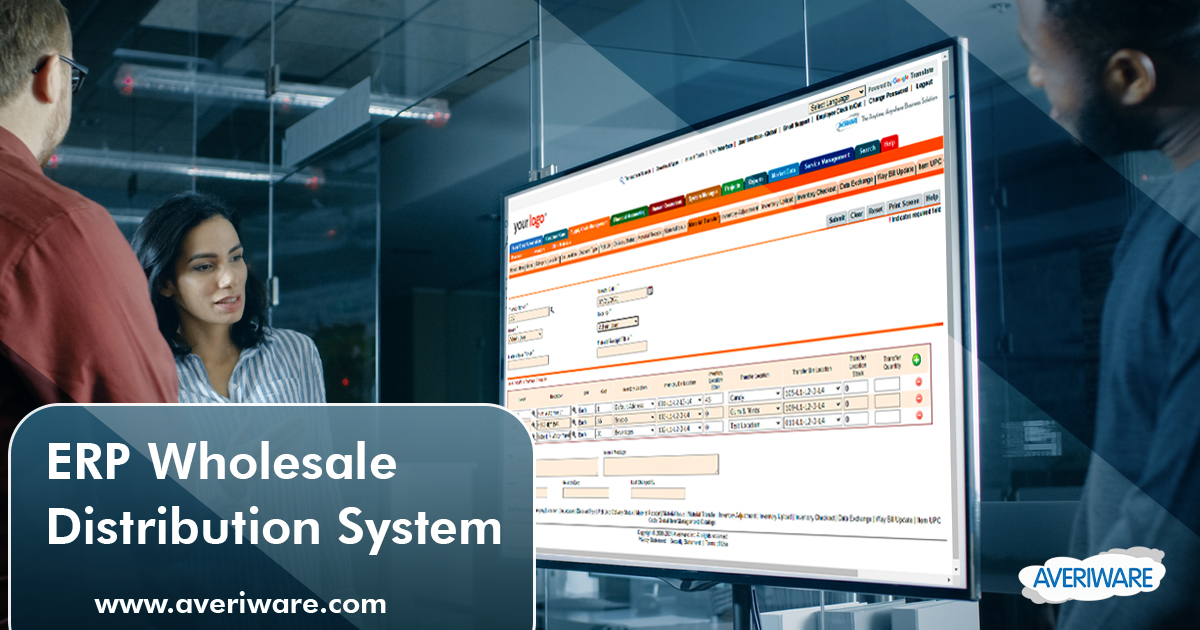In today’s busy world, businesses in every sector rely on different types of inventory goods. Products, materials, components, and even cleaning products and packaging, are all classed as controllable physical assets within a modern inventory stream, and understanding how to manage them all is a critical part of day-to-day operations.
Below, we are taking a look at different types of inventories that should migrate an effective inventory management software system for better productivity.
Top Inventories that should migrate Inventory Management Software
Inventory takes many forms and, as technological advancements continue to transform logistics and infrastructure, there are almost certain to be new types of stock in the future. Here, we take a look at four main inventory types from raw materials to safety stock.
1.Raw Materials Inventory Management
Accrued at the beginning of the inventory management cycle; raw materials are items used to manufacture and produce final products. A business may purchase raw materials to manufacture or assemble its products or else sell them to third-party organizations that then transform them into a finished product.
Raw materials are among the most essential stock items in an inventory chain. They dictate manufacturing rates and productivity, so effective and timely procurement is essential. Businesses should use an appropriate inventory management platform to track, manage and store their raw materials inventory.
2.Maintenance, Repair & Operations Inventory Management
Maintenance, repair, and operations (MRO) goods are those which are used as part of a manufacturing supply chain. They are the essential items that a business needs as part of its day-to-day production operations, including things such as PPE and safety equipment, parts and manufacturing equipment, cleaning supplies, and batteries.
Many businesses overlook MRO stock as part of their inventory management strategy. But it’s important to remember that such goods may play a vital role in everyday operations, aiding personnel in all aspects of the manufacturing cycle. Such items will also need to be stored, logged, and ordered in an effective, timely way so as to avoid overstocking or wastage.
3.Work-in-Progress Inventory Management
Work-in-progress inventory refers to the goods that no longer in their raw-material state, and aren’t yet complete but ready for sale. Examples of this include a door or window that hasn’t finished its whole design and a car that hasn’t yet had its engine installed or a scented candle without a wick.
WIP stock is easy to overlook because it’s often part of a complex production cycle, whereby goods are moving through various manufacturing stages. A modern cloud ERP software can help monitor such stock, with real-time tracking and smart inventory management controls.
4.Packing Materials Inventory Management
Packing materials inventory refers to all the items required as part of logistics, warehousing, and delivery operations. It includes goods and materials that are used for both shipping items to customers and as a means of protecting stock in the warehouse think boxes, packaging, paper, bags, and bubble wrap.
As with MRO stock, packing materials are regularly left out of a formal inventory management strategy. But, just as with Personal Productive Equipment and cleaning goods, packing materials are an essential part of day-to-day operations and need to be accounted for particularly if you want fiscal reports, Cost of Goods, and turnover to be as accurate as possible.
Essential Things for an Accurate Inventory Management Software
Managing inventory may seem straightforward. But with lots of moving parts and a cash flow to maintain, it’s a business function that requires commitment, investment, and a considered approach.
Below are four essential things that accurate inventory management software must have. These things can be applied to all types of inventories, whether that’s raw materials or MRO.
1.Stock Prioritize – Some stock will fly off shelves while other items sell more slowly. Prioritizing your inventory will help you order the materials and goods you need to retain cash fluidity.
2.Product Tracking – Tracking product information throughout a supply chain is fundamental to effective inventory management. Cloud ERP software can facilitate accurate batch tracking, which is useful for grouping inventory items by barcode, lot number, and country of origin.
3.Inventory Auditing – Regularly auditing your inventory is a powerful way to avoid common management issues such as under or overstocking or product tracking inaccuracies. Performing regular stock checks is essential throughout the supply chain, reducing the likelihood of problems and backlogs further down the line.
4.Easy analysis of SCM operation – However tightly you control your inventory, inefficiencies, delays, or inaccuracies within the wider supply chain can have a negative impact on day-to-day operations. That’s why it’s critical to periodically analyze and review the performance of your supply chain; what works and what doesn’t. And do any of your suppliers regularly cause problems (late deliveries, missing items) that have a knock-on effect within your organization?
Finally, Pick the right inventory management software
An Effective and accurate inventory management software relies on having the right tools and processes in place to control stock efficiently. And while it is possible to manage inventory manually, technology is your friend in this regard. A modern Cloud ERP Software like Averiware, you can make light work of managing even the most complex inventory infrastructure, with batch tracking, smart stock control, and other useful functionality facilitating competent and accurate management.








Your blog was absolutely fantastic! Large amount of great information which is often attractive some and the other way.Thanks.
food delivery app development company